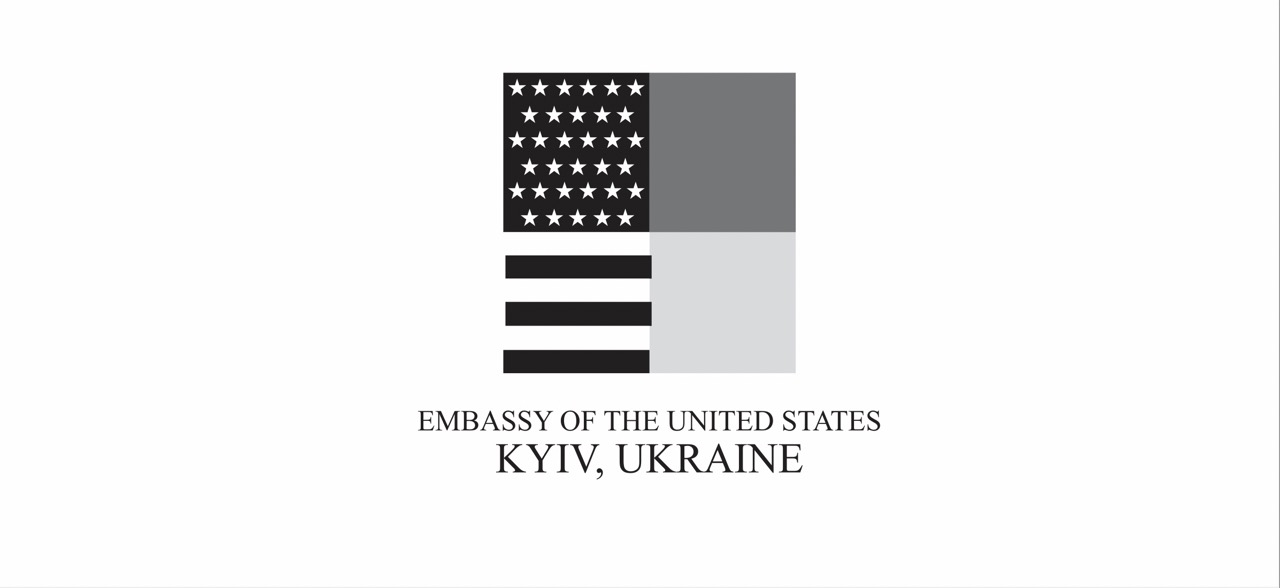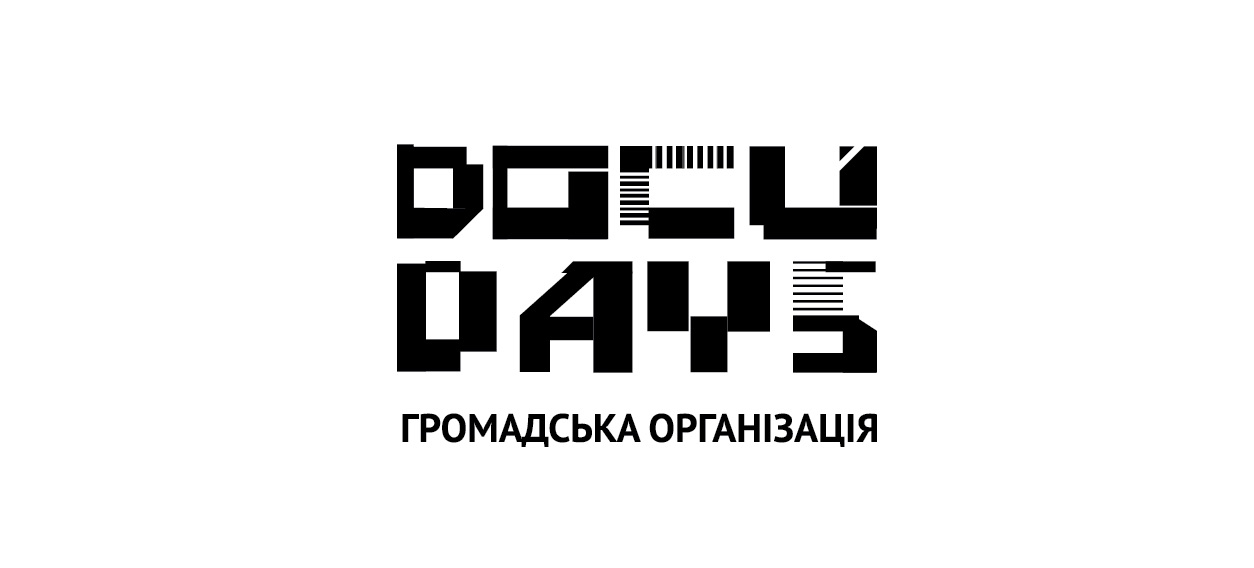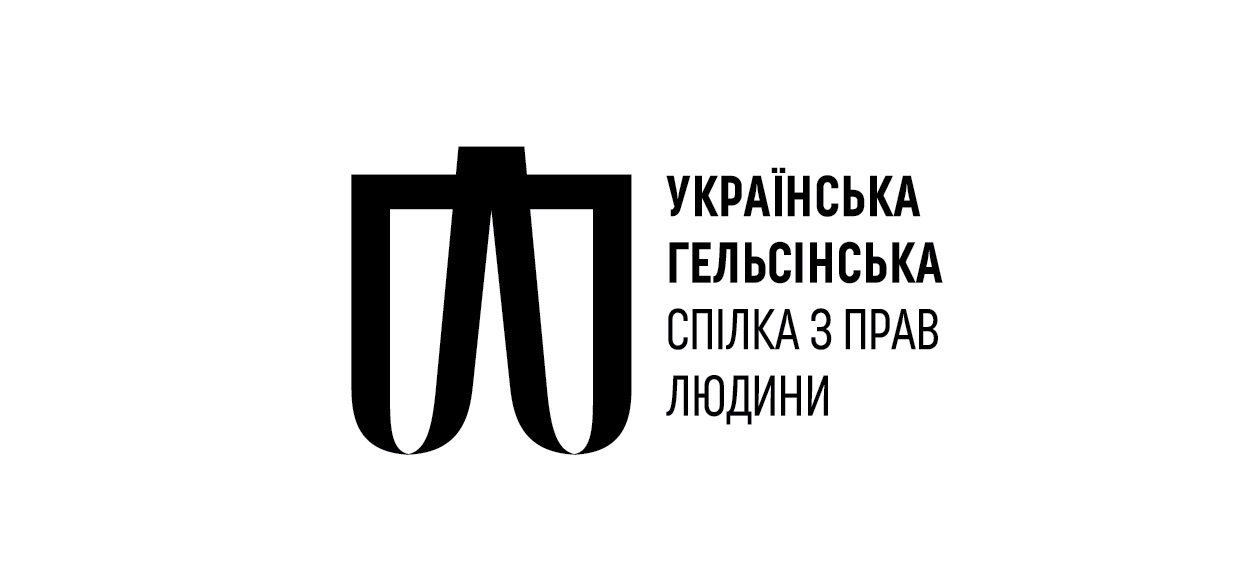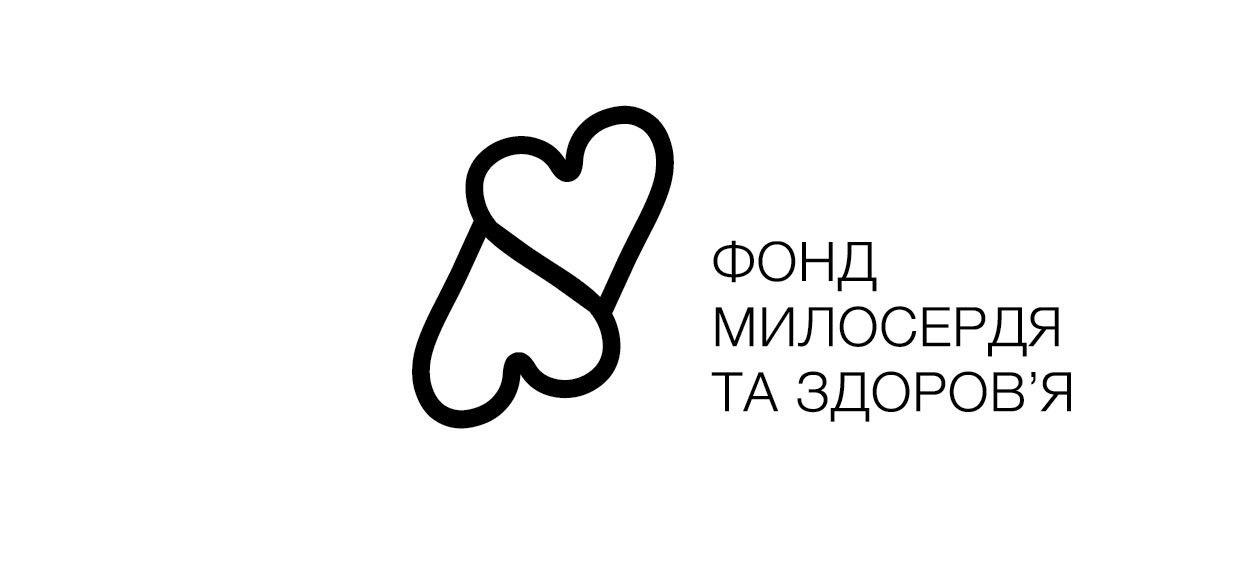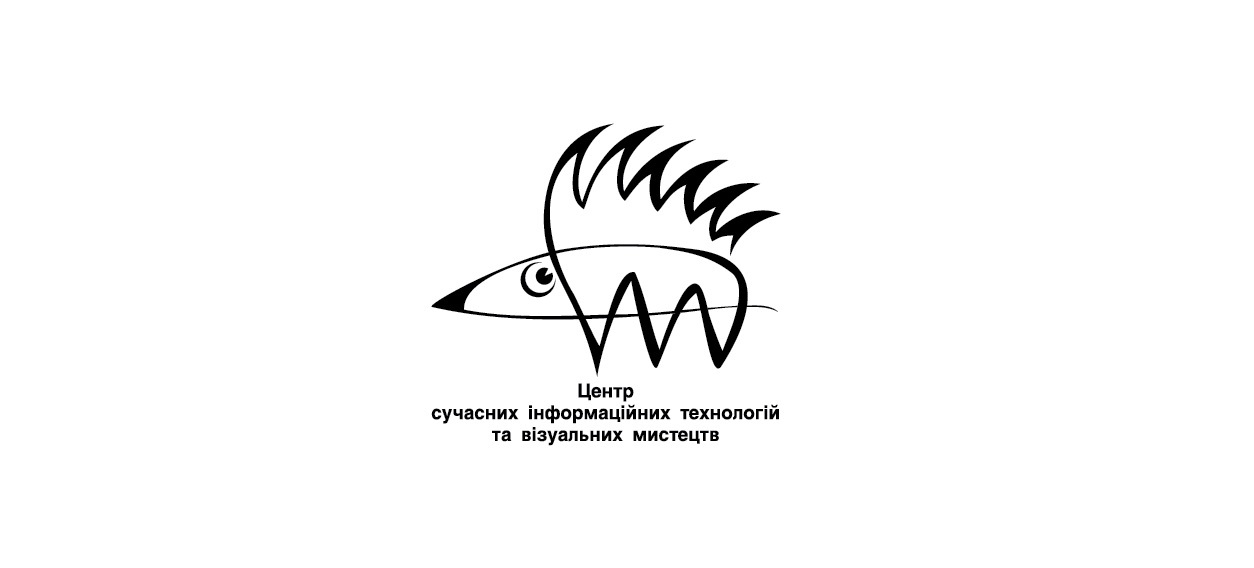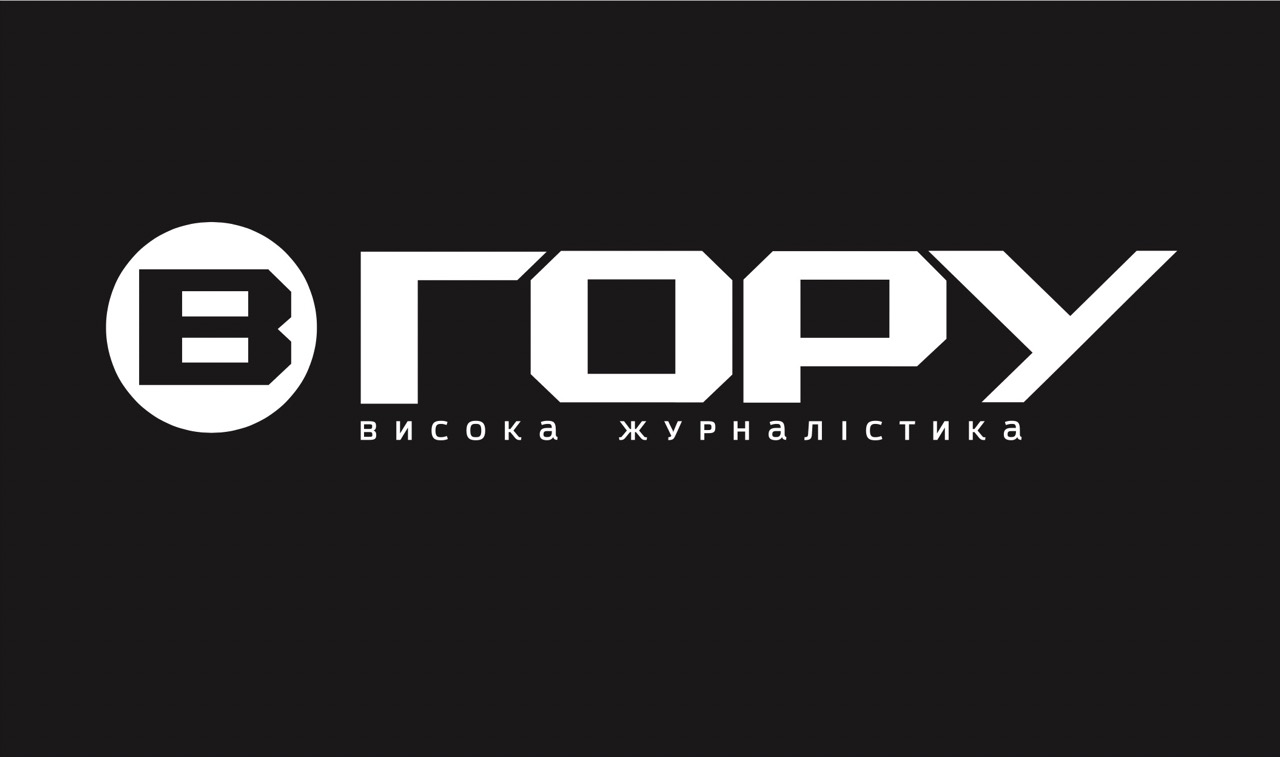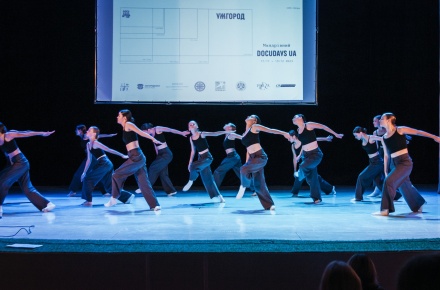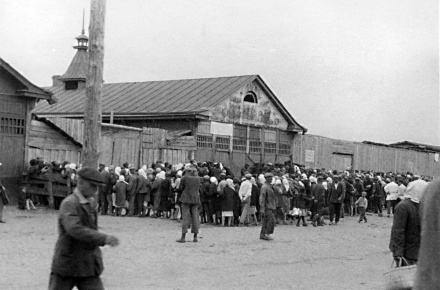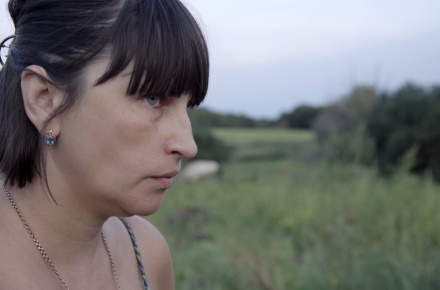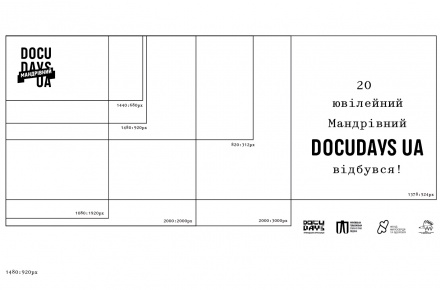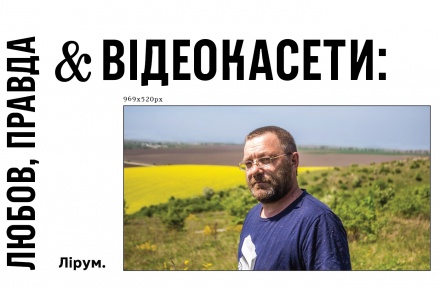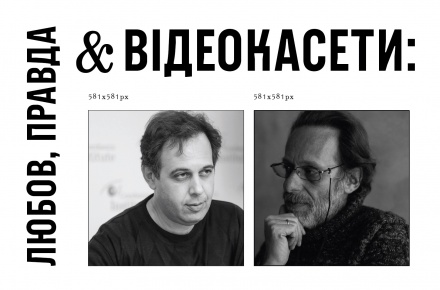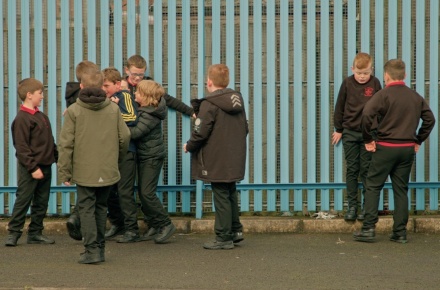To make adequate information about the coronavirus viral. The 18th Travelling Docudays UA has started in Volyn
To make adequate information about the coronavirus viral. The 18th Travelling Docudays UA has started in Volyn
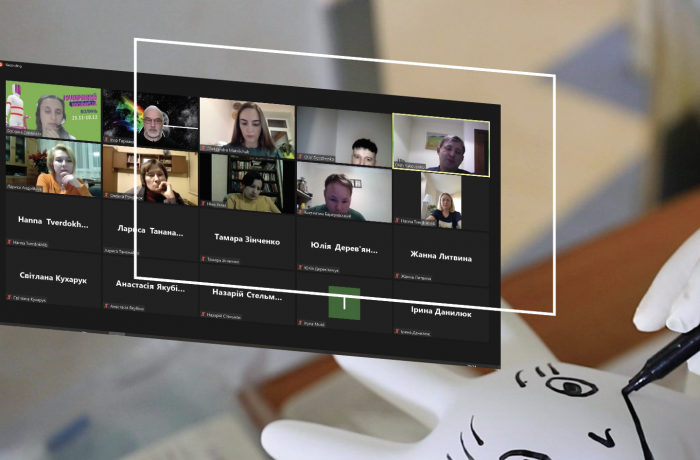
As of today, over 250 million cases of COVID-19 and over 5 million deaths have been recorded worldwide. How does humanity, particularly Ukrainian society, respond to the challenges associated with the pandemic? How do we make a conscious choice in the situation of ubiquitous fake news and manipulation, lack of accessible information, distrust of the government and the medical system in general? Can human rights be restricted in crisis situations, and on what basis? These and other topics were raised during the discussion COVID-2019: Challenges in the New Reality, which followed the screening of 76 Days, a film about the beginning of the pandemic in Wuhan, China. This event opened the 18th Docudays UA in Volyn.
One of the major challenges is the exhaustion of the medical system. As noted by Oleh Yakovenko, the head of pulmonology at the Volyn Regional Clinical Hospital, “this film is about humanity. It reveals the attitudes we must have regardless of life circumstances.” At the same time, it gives us hope, because “everything is much more difficult and scary” in Ukrainian hospitals: “Infectious wards are one thing, and ERs are another, their mortality rate is now over 50 percent. And, you know, there are two truths about the coronavirus: one is when you look at the hospital windows from the street, and another is when you look from the hospital windows onto the street. At the beginning of the pandemic, we were more sceptical about it, nobody thought it would lead to a global problem called ‘the pandemic.’”
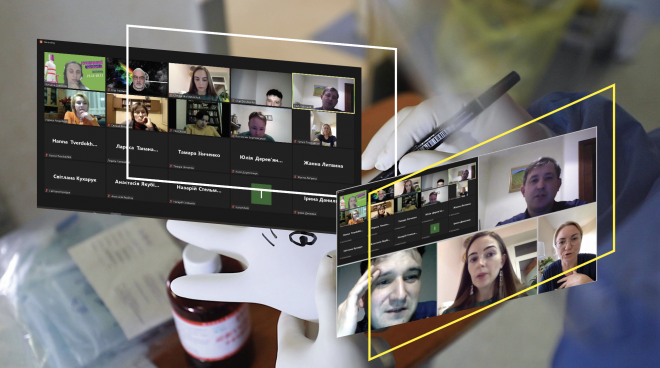
According to the doctor, “this film shows the debut of the situation we have at present,” and it is sad that in the situation of an “infectious war” so many people are sceptical about it. While before, the vulnerable group included people over 60 with prior conditions, now COVID has gotten younger: 20-30-year-olds end up in hospital, and, unfortunately, lethal consequences happen.
Oleh Yakovenko noted that in Lutsk hospitals, over 90 percent of COVID patients are unvaccinated. Some of them have fake certificates. He is convinced that it is important to talk about the professionalism of Ukrainian medical staff as well:
“I, as a pulmonologist, won’t comment on whether you should do surgery or any other manipulation in which I am not competent. But there are specialists who have nothing to do with immunity and vaccination, but, for some reason, they make empty claims.”
Meanwhile, people who work at COVID wards are extremely exhausted. It is hard not just physically, but mentally as well, because you need to communicate both with the patients and their families, who are worried and who constantly need to keep in contact, to be informed about what is going on, “because when there is an information vacuum, it creates even more difficulties.”
In the fight against the pandemic today, it is important to oppose misinformation about the coronavirus and vaccination. Otar Dovzhenko, a media expert and the editor-in-chief of Detector Media, shared his opinion about this and the film:
“I watched the film from the perspective of ‘how could it affect the people who must be convinced?’ This line of convincing society that you need to follow the quarantine requirements and get vaccinated, is obviously the most powerful… At the same time, as for the propaganda potential of movies like this, it is, to some extent, not universal, because we are trying to fight fear with a bigger fear. People who don’t want to get vaccinated are actually scared: of the vaccine, of the unknown, of side effects. In addition to fear, I think we should give people hope. And the film 76 Days has a ray of hope. In particular, if you end up in hospital, you will be taken care of.”
As for the general background of disinformation related to the coronavirus, the expert believes that “traditional media do not play a great role, their discourse is more or less constructive.” The most important thing here is people’s distrust of the media.
“People’s trust in the media is very limited. So now my hope as an information space analyst is that adequate information about the coronavirus will go viral. That is, that it will start to be passed from person to person the way misinformation is now.”
Oleksandra Matviychuk, the head of the NGO Centre for Civil Liberties, emphasized that the pandemic led to serious challenges in the upholding of human rights by governments of various countries:
“They were articulated at the beginning of the pandemic by the famous historian Yuval Noah Harari. He put the first question this way: ‘How are we going to fight the pandemic? Are we going to come together or are we going to continue the isolationist policy and try to solve the problem within our own national borders?’ There was a competition for vaccines even within the European Union. It deepened the inequality between the countries so much that it made the UN Secretary General appeal to developed democracies and call on them to share vaccines with developing countries.
“The second urgent question is how we are going to fight the pandemic. Are we going to give governments more power to use various digital technologies to control our lives, or are we going to engage people to show solidarity and fight the pandemic in a different way? And different countries have chosen different paths.
“The way technologies are beginning to control and intrude in our privacy really depends on the level of democracy under various regimes. It is a major threat, because the pandemic will hopefully end at some point, but the blanket which the government has pulled from our right to privacy can remain in the same state.
“And the third question I ask as a human rights advocate is, How are we going to fight the pandemic: are we going to use political solutions or laws? Governments had to create various barriers to the virus, including for people. And here, it’s important to realize that some governments used legal mechanisms for these restrictions, and others used purely political tools. In our country, the question was decided in favor of political solutions. I hope that this choice is temporary and we will return to protecting people through the law.”
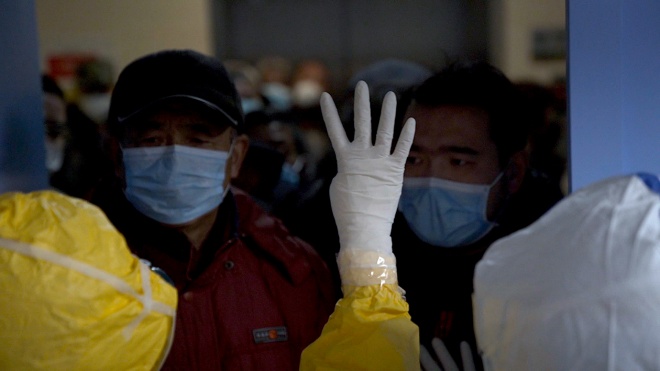
A Still from "76 Days"
According to Oleksandra Matviychuk, human rights can be restricted under certain circumstances. These circumstances must be articulated in the law, pursue a legitimate goal (such as protecting the population’s health and lives), and must be necessary in a democratic society.
“On the one hand, I, as a human rights advocate, am glad that people have started talking about human rights, the Constitution. I believe that people have started realizing the importance of their rights. But on the other hand, I realize that we think about the issues of freedom in different ways. So we need to deal with each restriction separately, because you can’t say that all the restrictions meet the three criteria I mentioned. As for the ban on walking in the park in early 2020, there was clearly no need for it. I want to believe that this situation will reach a tipping point, that people will gradually understand that human rights are not about doing anything you want. Human rights are first and foremost about responsibility. It’s important to talk about the fact that you need to care about your health and the health of the people around you.”
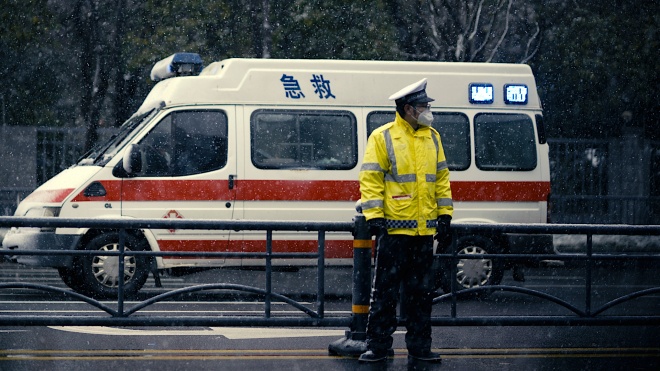
A Still from "76 Days"
The polarization of society does not help reign in the pandemic. People are now facing personal choice questions: take responsibility and figure out what is going on, or go with the flow.
Hanna Tverdokhlib, the coordinator of the Uzhgorod Press Club, shared her experience of living through the pandemic in the US, where she studied medicine. According to her, different states treat COVID and safety measures very differently.
“It’s impossible to make an informed decision if you don’t have a background in medicine, because you get absolutely opposite opinions from the media.”
Hanna noted that a significant fraction of American citizens are unvaccinated, but mandatory vaccination is already being discussed. In addition, segregation is felt already today—for instance, unvaccinated students at Hanna’s son’s school will spend their breaks separately from the others, even though they are together in class.
“I really want to hear doctors’ opinions. For me, the million-dollar lottery in California, or French fries in New York, or a car in Mukachevo, or 1,000 hryvnias do not work as encouragement to vaccinate. On the contrary, it puts me off.”
You can watch the video of the discussion here.
Text: Bohdana Stelmakh and Iryna Musiy


